The Anthologist: A Compendium of Uncommon Collections

An introduction to three new anthologies, including What My Father and I Don’t Talk About: Sixteen Writers Break the Silence and Sing the Truth: The Kweli Journal Short Story Collection.
Jump to navigation Skip to content

An introduction to three new anthologies, including What My Father and I Don’t Talk About: Sixteen Writers Break the Silence and Sing the Truth: The Kweli Journal Short Story Collection.
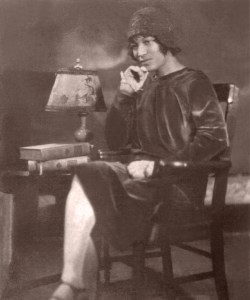
More than sixty years after her passing, Zora Neale Hurston’s newly published novel, The Life of Herod the Great, reimagines archival materials and prompts reflection on the legacies of historical figures and literary objects.
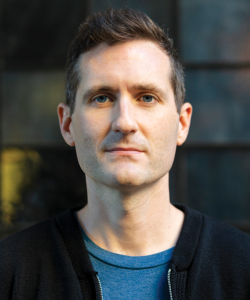
Laura van den Berg, Jessamine Chan, Akil Kumarasamy, Ayşegül Savaş, and Julie Buntin introduce the authors of this summer’s best debut fiction: ’Pemi Aguda, Jiaming Tang, Michael Deagler, Yasmin Zaher, and Gina María Balibrera.
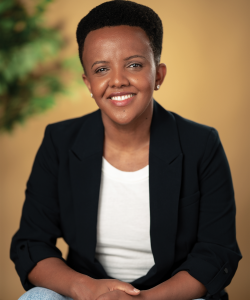
Interviews with debut authors Tyriek White, Ada Zhang, Mihret Sibhat, Shastri Akella, and Rebekah Bergman, along with excerpts from their books.

Interviews with debut authors Leila Mottley, Tsering Yangzom Lama, Arinze Ifeakandu, Paige Clark, and Morgan Talty, as well as excerpts from their books.
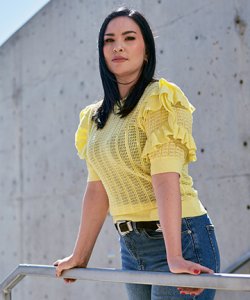
Kali Fajardo-Anstine’s new novel, Women of Light, chronicles five generations of an Indigenous Chicano family in the American West and is imbued with her rich sense of history and pride in her own mixed ancestry: “The story of who I am is inextricably tied to this country.”
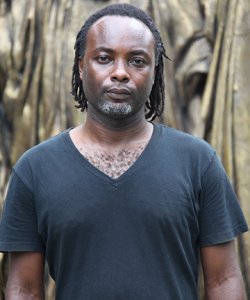
Established in 2018, the Graywolf Press African Fiction Prize awards an African writer an advance and publication by Graywolf. The prize aims to offer African writers a platform without them having to leave the continent.
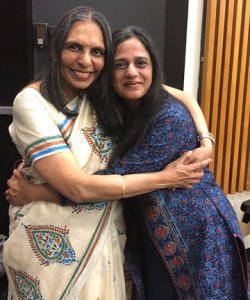
The Matwaala collective was launched in 2015 to create visibility for South Asian poets. Today, Matwaala programs such as the Poets of Color festival foster solidarity between different identity groups through literature.
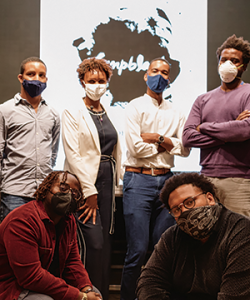
Created in response to social uprisings and the pandemic, Lampblack offers direct aid and community to Black writers and publishes an annual magazine that furthers Black literature.
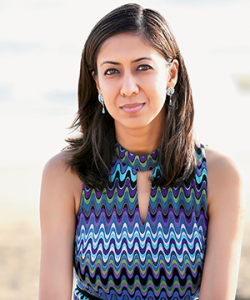
Advice on becoming a writer ignores the impact of motherhood—and fails to acknowledge the privileges of canonical writers. The author describes learning “to see art-making as a professional possibility” as a brown mother-writer.